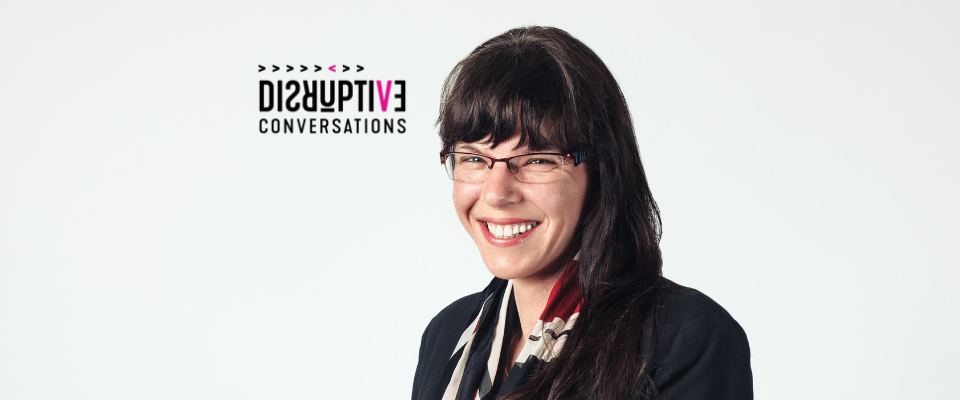Andrea Reimer is known for her disruptive public policy initiatives. She attributes her knack for disruption to her belief in fairness and justice. When she sees things that are unfair on unjust, she feels like she has to embark on transformative change initiatives. In this episode we explore many of the ideas that inform her knack for starting on disruptive conversations.
Here are a few themes that stood out for me.
Sports can teach you a lot about disruption.
Andrea is an avid soccer player. She attributes some of her best lessons to the game of soccer. For example, you don’t get anything done alone. You need to build your team. You have to learn when to pass the ball and when to keep the ball. You have to know to whom you should pass the bal. Sports teaches you when to strike and when to wait. It also teaches you that slumps are just part of the game and you have to learn how to pull the team together to overcome slumps.
You have to learn how to be wrong with grace.
As an extension of her lessons from soccer, Andrea describes learning to be wrong with grace as a significant lesson that she has taken with her. She started her career by choosing the issues she felt she was right about. She was trying to help people have a voice on those issues. When she got elected, she could no longer choose her issues. Suddenly she needed to have an opinion on a casino proposal, gang shootings or snowstorms. Topics she may not have wanted to speak on in the past. She had to learn how to sit and listen. She had to learn to admit when she was wrong. She had to know when to change her stance and do that with grace.
Assume other people are reasonable.
This is a tough lesson that many of the guests on this podcast have spoken about. It is better to assume that that people are reasonable. They often have reasons for their beliefs. Although it is challenging to give people the benefit of the doubt, it is important to remember that people usually have the opinions they do for a reason. Having a stance that people are generally reasonable can often lead to a better outcome.
The stories we tell can cripple us.
A point that stood out for me was the idea that we need a common story to rally around. We all tell ourselves stories and these stories can be limiting, or they can be enabling. When we try to mobilize people, we have to remember that the public is not monolithic. We all have our own stories. The challenge is getting people to coalesce around a common story.
Be patiently relentless.
My
Changing sectors and systems involves gameplay.
Gameplay has become one of my
Sometimes the disruption is in killing the market.
Status quo solutions are not the domain of disruptors. For Andrea, when it comes to climate change, you have to change the entire system. Our entire system is causing climate change, and when she put a motion forward to make Vancouver 100% renewable dependent, not only was she using a pebble to start a wave, she was interested in killing the market for nonrenewable energy. She put forward a 300-word motion that got Vancouver to commit to being 100% dependent on renewable energy. Since then, 200 cities and towns have followed this path and Vancouver is now 3.9 tons per thousand people which is the lowest in the Americas.
It is about next practices, not best practices.
Andrea made the point that humans tend to bell curve things. We are relativists. We usually derive best practices from the right of the bell curve but next practices are the practices we will need to be successful in a new paradigm. This is an idea that is transformational, and very important for people working to disrupt a sector or a system.
I really enjoyed this episode. One of Andrea’s
